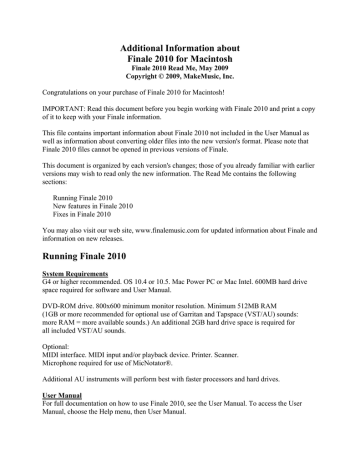


As a distance learning organisation, I felt it was important to frame the environment in a particular way, so that students should feel as if they working in what felt like an institutional context. One of the attractive things about the classic Jupyter notebook UI was that I could easily hack the branding to loosely match organisational branding (a simple CSS tweak, based on inspection by someone who didn’t really know CSS (i.e.It was also likely that installation would get easier.) (Note that getting the environment you wanted set up as you wanted could be a faff, but we could mitigate that by using virtual machines to deliver software. Which meant few blockers to trying to scale use. Which would mean low barrier to first use.

That meant other people would be able to too. One practical observation was that I could get started very quickly, over a coffee, without docs, and do something useful. There were a lot of reasons why I felt comfortable recommending both those solutions based on observation of the developer communities and practical experience of using the technologies. The notebooks (IPython notebooks) were immature and unstable at the time we also adopted pandas which was still in early days. When we adopted Jupyter notebooks for the first time for a module due for first release in 2016, it was a huge punt.Technology selection is often based on adopting a mature technology at the start of the produciton process (two years prior to first use date). A technology freeze might essentially be put in place a year before student first use date. The following is only a slight caricature: a module takes 2+ years to create then is expected to last for 5-10 years largely unchanged. In my organisation, the lead times are ridiculous.

end-user innovation that allows a user to lock themselves in through extras they have added in certain situations, this may be characterised as developing on top of undocumented features (it certainly shares many similar features))
#Finale 2014.5 user interface code
I am interested in end-user innovation where an end-user with enthusiasm and only modicum skills can extend an/or co-opt environment or the features or serviecs it offers, for their own personal use, without having to ask for permission or modify the environment’s core offering or code base (i.e. My preference for teaching materials is that they support learning. I am interested in media that can be used to support the open and distance education, both teaching (in sense of making materials available to learners) and learning (which might be done either in a teaching context, or independently). I am interested in environments that help me take notes, that help me tinker and explore the potential for using newly available technologies in combination with other technologies, that help me author the sort of texts that I want to explore. In this case, a 3D molecular model is embdedded based on a standardised compound code passed in via a variable defined elsewhere in the document. I am a note taker I am a tinkerer and explorer of the potential for using newly available technologies in combination with other technologies I am doodler, creating code exploiting sketches to perform particular tasks, often a single line of code at a time I am an author of texts that exploit interactivity in a wide variety of subject areas using third party, off-the-shelf packages that exploit IPython (and hence, Jupyter notebook) display machinery.Ī line of code can be used, largely in ignorance of how it works and simply by copying, pasting, and changing a single recognisable value, to embed a rich interactive into a document. I am not interested in environments that data scientists use for doing things that data scientists do. I am not interested in environments that developers use for doing things developers do. I’ve been asked for comments on my take on now the original notebook supported originally supported end-user development which I’ll try to describe here. Following a Github discussion on The future of the classic notebook interface and the Jupyter Notebook version 7 JEP (Jupyter Enhancement proposal), a Pre-release plan for Notebook v7 is now in play that will see RetroLab, as was, the notebook style JupyerLab powered single document UI form the basis of future notebooks UIs.








 0 kommentar(er)
0 kommentar(er)
